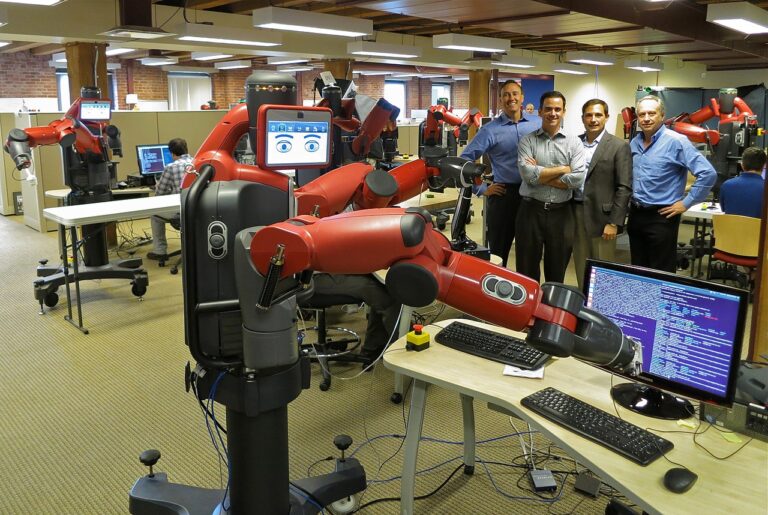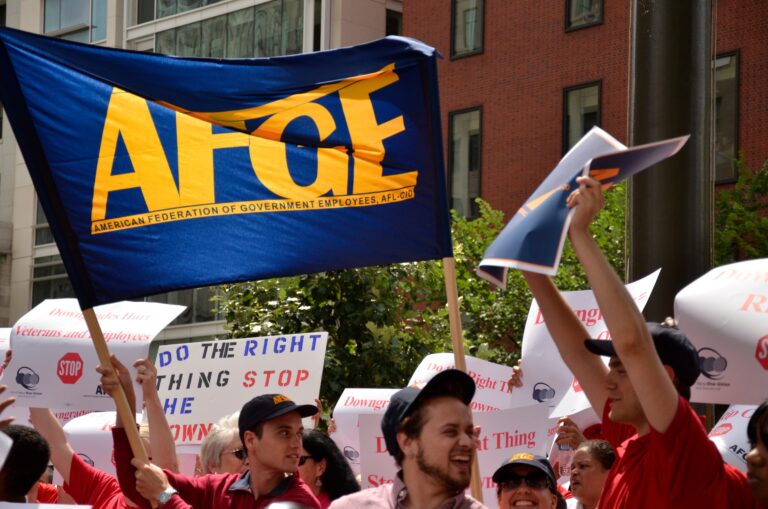
Tascha Shahriari-Parsa is a government lawyer enforcing workers’ rights laws. He clerked on the Supreme Court of California after graduating from Harvard Law School in 2024. His writing on this blog reflects his personal views only.
In today’s news and commentary: a nationwide Starbucks strike of 112 stores; Iran metal workers join the resistance; Sanders vies to take Murray’s seat as HELP committee chair; and the NLRB Union challenged the General Counsel’s plan to change their telework policy.
Starbucks workers at 112 stores all across the country went on strike yesterday—comprising more than 2,000 workers in total. The occasion of the strike was Starbuck’s “Red Cup Day”, a special day when Starbucks gives out a free, red reusable holiday starbucks cup to customers ordering a holiday seasonal beverage—a day that is “notoriously difficult on baristas and notoriously profitable for Starbucks,” according to Massachusetts Starbucks barista Emily Schule. More than 260 Starbucks stores have now unionized, while they continue to press Starbucks to quit dawdling and get to bargaining with them. Starbucks has also been the subject of 39 complaints by the NLRB, and a total of over 900 unfair labor practice charges. Starbucks has fired over 150 union leaders for their union activities, Starbucks Workers United has claimed. “This is to show them we’re not playing around,” said California Starbucks worker Tyler Keeling. “We’re done with [Starbuck’s] anti-union retaliation and them walking away from bargaining.”
Isfahan metal workers have been on strike this week since Tuesday, accompanying three days of countrywide protests continuing the revolt against the Iranian regime. At the center of the struggle are women engaging in civil disobedience in the streets by violating the mandatory hijab laws, a continuing echo of the 1979 International Women’s Day Protests in Tehran. Also paralleling 1979, oil workers and other big industries have engaged in mass political strikes through the country. Over 1,000 people have been indicted by the Iranian government for their role in the recent demonstrations, with three more death sentences being issued yesterday.
Senator Patty Murray may be vacating her seat as chair of the Senate Health, Education, Labor and Pensions (HELP) committee, as she pursues the powerful role of leading the Senate Committee on Appropriations. In turn, yesterday, Bernie Sanders publicly expressed interest in taking over Murray’s role on the HELP committee. “As chairman of the committee, he will focus on universal health care, lowering the cost of prescription drugs, increasing access to higher education, and protecting workers’ rights on the job,” wrote a spokesperson for Sanders.
The National Labor Relations Board Union, which represents NLRB field staff, tweeted yesterday criticizing General Counsel Jennifer Abruzzo for proposing to sunset a remote work policy that was temporarily instituted under COVID. “At a time where the NLRB’s management and rank-and-file should be united in doing everything possible to hire and retain field staff,” the tweet wrote, “@NLRBGC is instead focused on dangling her workers’ telework abilities as a bargaining chip. Those scorched-earth tactics are scaring off staff.” In another tweet, the Union acknowledged that Abruzzo “has repeatedly stated that the regional offices need more resources and staff to better serve the public,” but wrote that nonetheless “her internal labor policies are undermining those goals” and that the General Counsel has “taken stances at the bargaining table that are deepening this crisis.” According to Karen Cook, President of the National Labor Relations Board Professional Association, “Agency field staff are not second-class employees and the Agency should not limit their ability to telework in order to extract bargaining concessions.”






Daily News & Commentary
Start your day with our roundup of the latest labor developments. See all
December 8
Private payrolls fall; NYC Council overrides mayoral veto on pay data; workers sue Starbucks.
December 7
Philadelphia transit workers indicate that a strike is imminent; a federal judge temporarily blocks State Department layoffs; and Virginia lawmakers consider legislation to repeal the state’s “right to work” law.
December 5
Netflix set to acquire Warner Bros., Gen Z men are the most pro-union generation in history, and lawmakers introduce the “No Robot Bosses Act.”
December 4
Unionized journalists win arbitration concerning AI, Starbucks challenges two NLRB rulings in the Fifth Circuit, and Philadelphia transit workers resume contract negotiations.
December 3
The Trump administration seeks to appeal a federal judge’s order that protects the CBAs of employees within the federal workforce; the U.S. Department of Labor launches an initiative to investigate violations of the H-1B visa program; and a union files a petition to form a bargaining unit for employees at the Met.
December 2
Fourth Circuit rejects broad reading of NLRA’s managerial exception; OPM cancels reduced tuition program for federal employees; Starbucks will pay $39 million for violating New York City’s Fair Workweek law; Mamdani and Sanders join striking baristas outside a Brooklyn Starbucks.